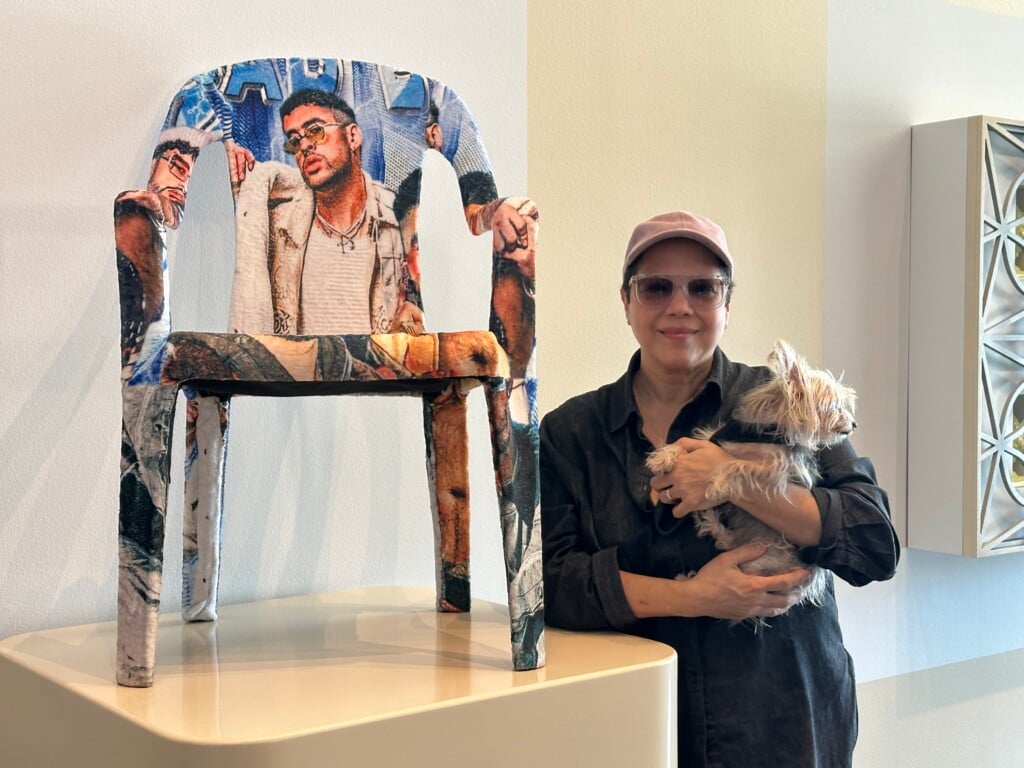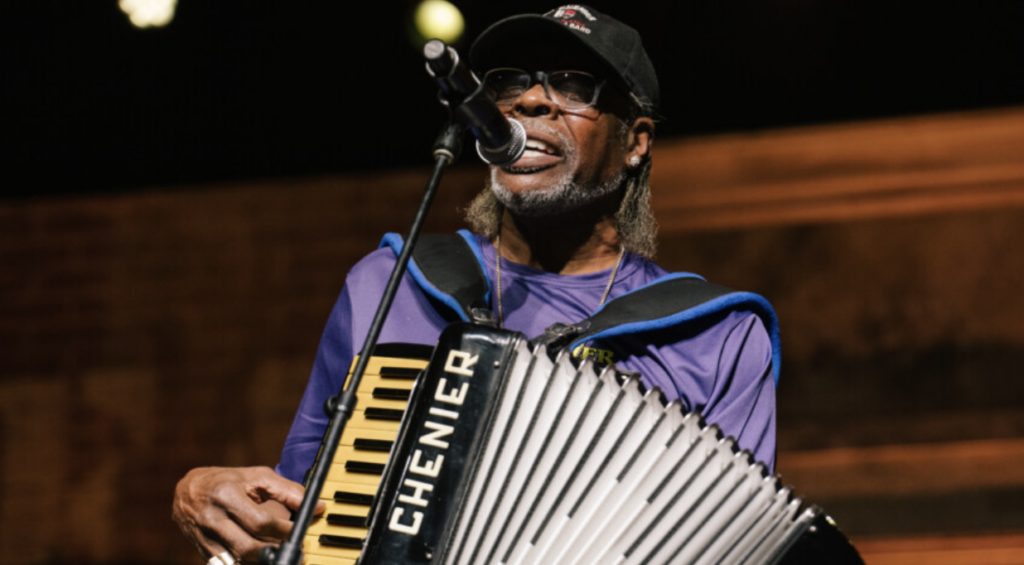With his first album in eight years, Freedy Johnston finds home is where it all begins (again)

Thomas Wolfe was wrong. It’s certainly possible to go home again. Ask any of the college grads riding out the recession on their parents’ rec-room couches. It’s just that going back is a lot like time travel in the Terminator franchise — you can’t bring anything with you but the knowledge you’ve gleaned from the intervening years. That’s the discovery that Freedy Johnston has made after eight years in the wilderness, wandering the Earth and obsessing over an album whose protracted recording process rivaled that of Chinese Democracy.
Johnston is happy that the odyssey is nearing its end. Last month, he moved back to New York City — his on-and-off home since he left Lawrence, Kansas, in 1985 — and got his own apartment for the first time in years. Previously, he had couch-surfed in Nashville, Austin and Madison as part of an abortive search for a new home base. More important, his first album of originals in eight years, Rain on the City, will be released January 12, appropriately enough on the label he first signed with two decades ago, Bar/None.
It hardly seems coincidental, then, that Johnston recently visited his old hometown of Kinsley, Kansas, to play a benefit concert — his first show there ever — coinciding with his 30th high-school reunion. It’s just part of the ongoing theme.
“It does feel like starting over,” Johnston says over the phone from his Lower East Side home. “You don’t miss your water until the well runs dry.”
Things began to run dry even before his final album for Elektra, 2001’s Right Between the Promises. He lived the big-label cliché, including admonitions of where’s the single? and unreturned phone calls, before being shoved out the door. He was that age-old story: a kid with a four-track who moves to the city, secures an indie deal and immediately scores critical acclaim (for his 1990 debut, Trouble Tree).
After 1992’s Can You Fly, Johnston jumped to the majors and hit it out of the park with 1994’s This Perfect World, featuring the radio hit “Bad Reputation.” The prototypical stubborn, young artiste, he chafed at Elektra’s attempts to make it the album’s lead track before finally giving in. Rolling Stone named him the songwriter of the year. Naturally, there was but one direction left for him: down.
“I never really understood or knew anything about the music business whatsoever. So I had expectations that were absolutely wrong,” he says. “I thought you get the record advance, you get the house, you get Christie Brinkley and boom. But that’s not how it works.
“I was looking at it like, I can be like Elvis Costello and just make art but spend a lot of money doing it,” he continues. “My friends told me, ‘Freedy, you’re on a big pop label that has mostly hip-hop acts. Make the most poppy ABBA-sounding album you can, right now, and you’ll be a millionaire.’ They meant it and were probably right. I wish I could’ve turned around, swallowed my pride and done that, but everybody has 20/20 hindsight.”
While subsequent albums were arguably at least the equal of This Perfect World, none matched its critical success, and three albums later, Johnston was back on his own. The experience sapped his confidence, seeding self-doubt. It manifested in writer’s block and an obsession that slowed his next album to a crawl.
Time passed. There was a soured relationship, a run-in with the IRS, and a succession of cities as he looked for a physical home. When not poring over songs, writing and rewriting them until all initial inspiration had been wrung out, he fronted producer Butch Vig and Duke Erikson’s cover band, the Know-It-All Boyfriends.
“There were delays and me thinking I knew more than I did [about recording], frankly,” Johnston explains. “I tried to make the record a couple times. It’s just like Axl Rose trying to make his record. Somebody needs to grab it from him and say, Nope, you’re done.”
The time wasn’t wasted, however. Johnston describes learning classic cover songs with the Boyfriends as “rock-and-roll high school.” Eventually, he recorded his seventh studio album and gained a newfound appreciation for the true nature of a musician’s life.
“It’s a real itinerant and semi-servicelike job. You’re your own employee and you’re always going to be a little bit broke, and you’re always going to be in a hotel room,” Johnston says. “You’re Conway Twitty. You’re going to be dying onstage, doing what you love. That’s a real, true thing.”
With tracks like the pretty, coyly rocking, string-tinged title song, “Don’t Fall in Love With a Lonely Girl,” and the twangy “Livin’ Too Close to the Rio Grande,” there’s a lot to love about Rain on the City. But the best thing is that it’s out, and Johnston plans to be back in the studio this summer. No more polishing and repolishing his hoped-for masterpiece. These days it’s about getting the work done. In that way, while starting over, he has a big advantage over his younger self.
“I’m not better-looking. I don’t have the range I maybe had and I don’t jump around the stage in the same way, but as far as my job of working with words and music, I understand it better, at least,” he says. “It’s not like being an athlete. My brother was a horse jockey for 25 years, and though he still wants to, he just can’t do it anymore.”
That’s not Johnston. Back home once again, he has happily signed a lease on his lifetime commitment to music — with no more long hiatuses.
He promises.




